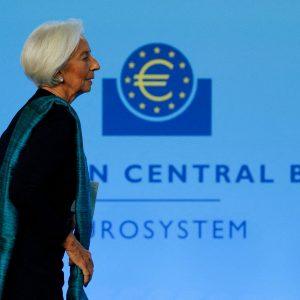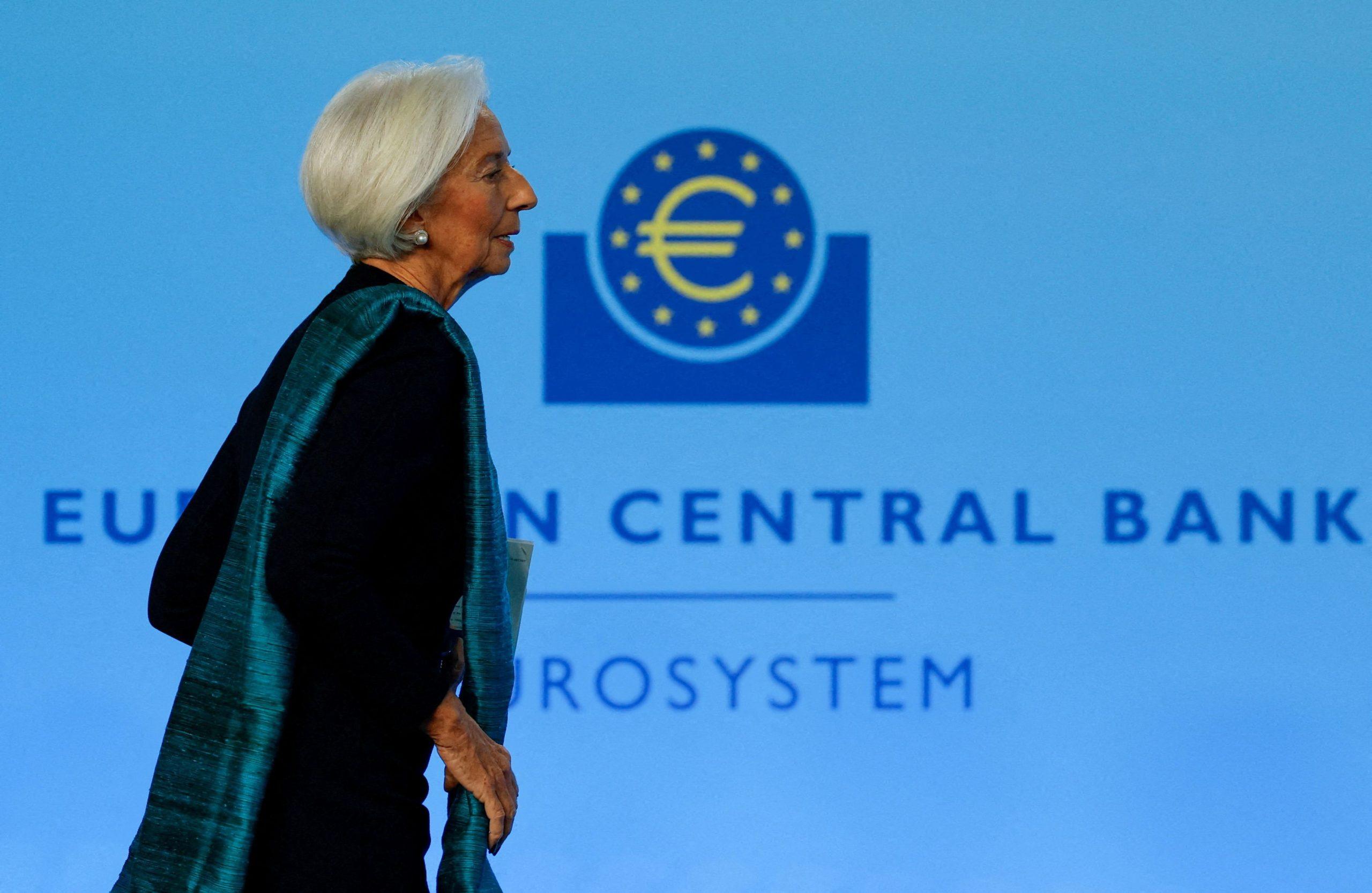About 1.4 million retirees from all insurance funds will see an increase in their pension of up to 6% from 1/1/2023, while the rest will not receive an increase due to the personal difference foreseen in the Katrougalos law. The exact amount of the increase will be derived from a particular mathematical formula that will calculate GDP growth as a function of rising inflation.
This increase will affect all Pension Funds, however some will not immediately see a big difference in their pensions due to the Katrugalos law. According to the current data on inflation (6.3% of the Commission’s estimate for the end of the year) and the growth rate (3.5%), competent sources of the Ministry of Labor estimate that the increase will be in the range on the average between 5% and 6% .
Increases in pensions had been suspended since 2010, during the period of the first Memorandum, while dramatic cuts were made in the years that followed. According to the current legislation, the increases in pensions from the new year will be equal to 50% of the change in GDP and also 50% of the change in the Consumer Price Index (index) as defined by law and in any case should not be higher than inflation.
The relevant law provides that “the total amount of the pension is increased from 1/1/2023 per year, by a joint decision of the Ministers of Finance and Labor and Social Affairs based on a rate resulting from the sum of the annual rate of change of GDP plus rate of change of the average annual general Consumer Price Index of the previous year, divided by two (2) and does not exceed the rate of change of the average annual general Consumer Price Index.”
This means that if GDP increases by 4% and the average CPI increases by 5%, then the increase in pensions will be of the order of 4.5% (2% + 2.5%). However, given the current situation where inflation is galloping (in the first quarter of the year it rose to 7.2% – 7.5% and all forecasts converge to a further increase in the coming months), retirees may see even greater increases that may reach 6%.
The personal difference
It should be emphasized here that the personal difference will limit the final beneficiaries. The amount of the personal difference will determine whether the increases are real or just an accounting exercise. From the data available so far gathered at the Ministry of Labor, it appears that at a rate of more than 40%, which can reach up to 50%, retirees will only receive an accounting increase.
This means that for about 1.2 million retirees the personal difference that has been created is such that an increase of 5% is not enough to zero it. There will simply be a limit on the amount that counts as a personal difference, ie there will be a real increase.
It is recalled that the Minister of Labor and Social Affairs, Kostis Hatzidakis, had recently referred to the thawing of pensions and their increase from the New Year of 2023, emphasizing that the amount of increase will result from a special mathematical formula that will calculate GDP growth in as a result of rising inflation. “These are provisions of the legislation which will be observed,” he stressed.
Personal difference is a factor that mitigated the sharp decline (during the memoranda) in the salaries of civil servants or retirees (due to the financial crisis) and concerns only the elderly.







































